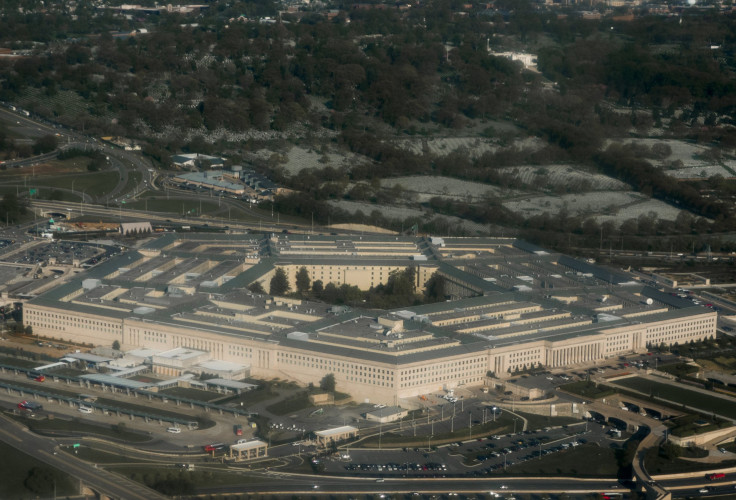Will JASON Group Find New Sponsors After Pentagon Ends Academics' Contract?

The JASON group, an independent panel of academics who have advised the Pentagon for the past 59 years, will run out of money at the end of April as the U.S. government will not extend the cutoff date. Late Thursday, just days before the JASON contract was set to expire with the Pentagon, the Department of Energy's National Nuclear Security Administration posted a solicitation saying it was willing to take on the group.
On Thursday, the NNSA put a statement on the FedBizOps website, announcing its decision to "award a short-term sole source contract to MITRE Corporation to provide management and logistics support to the Jason program and its members, referred to as ‘The Jasons.’” The JASON contract is managed by the MITRE Corporation, which allowed the group’s contract with the Department of Defense to expire on March 31, 2019. A final tasking order will expire by the end of April. The contract allowed government agencies to spend up to $45 million over five years on JASON studies.
"NNSA has issued a notice of intent to award a short-term sole source contract to MITRE Corporation to provide management and logistics support to the Jason program and its members through January 31, 2020,” agency spokesman Gregory Wolf told Defense News. “JASON is a group of elite scientists and engineers who advise NNSA and the United States Government on matters of science and technology, mostly of a sensitive nature, and has provided significant contributions to NNSA’s mission of ensuring a safe, secure and reliable nuclear stockpile and preventing nuclear weapon proliferation around the world. NNSA cannot afford a contractual gap in the services MITRE provides."
While the Pentagon said the group's advice is no longer needed, Russell Hemley, the head of the JASON group, said other government agencies still want advice.
“There is a very real chance that the Jason advisory group will effectively be disbanded shortly after the spring meeting, under circumstances that will make its recovery unlikely,” Ellen Williams, vice chair of the JASON, told Science magazine in an article published Wednesday. “This is despite the indication of intent at high levels across the U.S. government to resolve the present situation by extending the Jason contract for 1 year.”
"An extension would allow the studies requested by numerous government agencies for the summer of 2019 to be delivered,” Williams, a professor at the University of Maryland in College Park, said. “And it would allow for orderly planning and transition to a new government sponsor.”
"MITRE is moving forward with their legal requirements to cease work on April 30,” Williams added. “That, in turn, requires shutting down all JASON operational support, including the ability to accept contracts from study sponsors, maintaining the leased space for the studies, and archiving all JASON records.”
Steven Aftergood of the Federation of American Scientists, an independent watchdog group, said the Defense Department is throwing away a valuable resource.
"The idea that they're going to cut back on the kind of advice that the JASON provide is not good for the Department of Defense... It's not good for the nation," Hemley said.
The JASON Group was founded in 1960 as a scientific advisory panel and in recent years, it broadened the areas it studies. A 2006 book — "The Jasons: The Secret History of Science’s Postwar Elite" — written about the group, details its major roles in developing technical ideas for the department of defense. The book also has details about some of its most controversial work done during the Vietnam War. Much of its work, however, was classified.
© Copyright IBTimes 2024. All rights reserved.





















